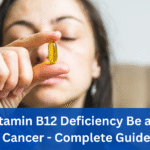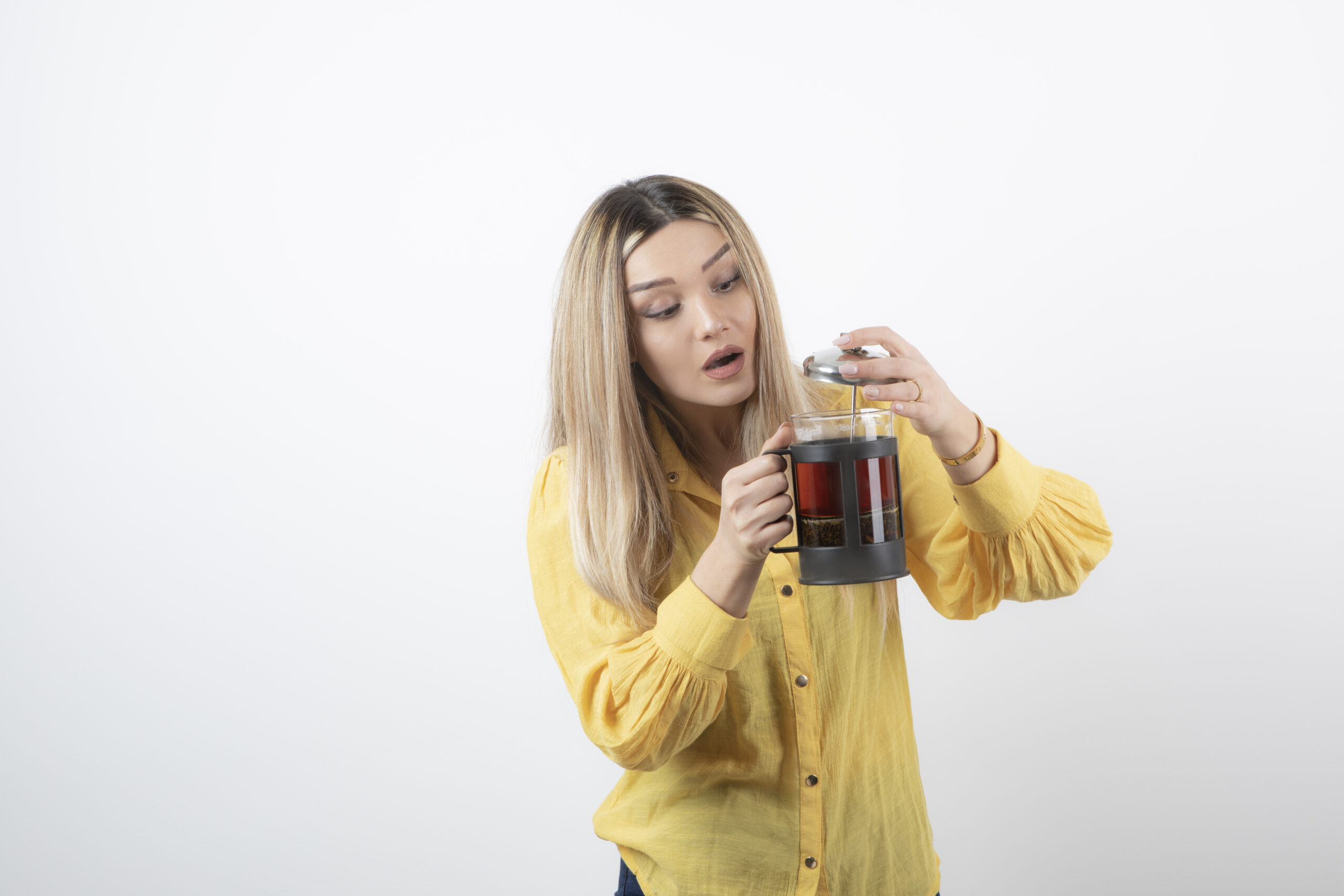In today’s fast-paced world, caffeine plays a central role in the daily routines of millions. Whether it’s that early morning coffee, a mid-afternoon soda, or a pre-workout energy drink, caffeine is often the secret ingredient that keeps people going. Among the many sources of caffeine, Diet Mountain Dew stands out as a popular low-calorie choice for those seeking energy without the added sugar. However, what is the precise caffeine content of Diet Mountain Dew, and how does it stack up against other drinks?
This article explores the caffeine content of Diet Mountain Dew in depth — from the numbers to the health implications, comparisons to similar products, and what it means for your daily caffeine intake.
What Is Diet Mountain Dew?
PepsiCo produces Diet Mountain Dew, a low-calorie, sugar-free soft drink. It’s marketed as a bold, citrus-flavored soda that retains the original Mountain Dew flavor without the added sugar. It’s been a go-to choice for diet soda fans since its introduction in the 1980s.
Like its regular counterpart, Diet Mountain Dew contains caffeine — and more than you might expect from a soda.
Caffeine Content in Diet Mountain Dew
What is the caffeine content of Diet Mountain Dew?
The caffeine content in Diet Mountain Dew varies slightly depending on packaging, but here are the standard numbers:
-
54 milligrams of caffeine in a 12-ounce can
-
91 mg of caffeine in a 20 fl oz bottle
-
One-liter container containing 151 milligrams of caffeine
To put that into perspective:
-
It has less caffeine than a cup of coffee, which typically contains 95-120 mg per 8 oz serving.
-
It’s in the moderate range compared to energy drinks, which can contain 80–300+ mg of caffeine per serving.
Why Is There So Much Caffeine in Diet Mountain Dew?
While many sodas contain some caffeine, Mountain Dew — including its diet version — is notoriously higher in caffeine than most other colas and lemon-lime sodas. This is largely due to brand positioning. From its inception, Mountain Dew was marketed as a high-energy drink, and caffeine content was an integral part of that branding.
In contrast to traditional lemon-lime sodas like Sprite or 7UP — which are caffeine-free — Mountain Dew breaks the mold by combining a citrus profile with a stimulant kick.
PepsiCo has intentionally kept the caffeine levels higher in Diet Mountain Dew to compete with energy drinks and appeal to younger consumers seeking stimulation without the sugar.
Diet Mountain Dew vs. Other Drinks: A Comparison of Caffeine
Let’s look at how Diet Mountain Dew stacks up against other popular caffeinated beverages:
| Beverage | Serving Size | Caffeine Content |
|---|---|---|
| Diet Mountain Dew | 12 oz | 54 mg |
| Mountain Dew (regular) | 12 oz | 54 mg |
| Coca-Cola Classic | 12 oz | 34 mg |
| Diet Coke | 12 oz | 46 mg |
| Pepsi | 12 oz | 38 mg |
| Diet Pepsi | 12 oz | 35 mg |
| Dr Pepper | 12 oz | 41 mg |
| Red Bull | 8.4 oz | 80 mg |
| Monster Energy | 16 oz | 160 mg |
| Coffee (drip brewed) | 8 oz | 95-120 mg |
| Black Tea | 8 oz | 40-70 mg |
As you can see, Diet Mountain Dew has less caffeine than coffee or energy beverages, but more than most other sodas.It’s an intermediate source of caffeine — strong for a soda, mild compared to a typical coffee or energy drink.
Is the Caffeine in Diet Mountain Dew Safe?
The FDA’s Guidelines on Caffeine
According to the U.S. Food and Drug Administration (FDA), the average healthy adult can safely consume up to 400 mg of caffeine per day — roughly the equivalent of:
-
Four 8 oz cups of brewed coffee
Of course, this is a general guideline. Individual tolerance can differ greatly based on:
-
Age
-
Body weight
-
Medication use
-
Underlying health conditions
-
Sensitivity to caffeine
What Are the Risks of Too Much Caffeine?
While moderate caffeine consumption is generally considered safe, excessive intake can lead to several short- and long-term health issues, including:
-
Insomnia
-
Anxiety
-
Increased heart rate
-
Digestive discomfort
-
High blood pressure
-
Dependence or withdrawal symptoms
People with heart issues, pregnant women, or those sensitive to stimulants should monitor their caffeine intake closely.
The Hidden Side: Artificial Sweeteners in Diet Mountain Dew
Though caffeine is a major factor in Diet Mountain Dew’s appeal, it’s important not to overlook what replaces the sugar: artificial sweeteners.
Diet Mountain Dew contains aspartame and acesulfame potassium (Ace-K), both FDA-approved non-nutritive sweeteners. While they allow for sweetness without calories, there has been some controversy surrounding their safety over the years.
Current research suggests that these sweeteners are safe in moderate amounts for the general population. However, concerns linger about potential links to:
-
Headaches
-
Metabolic disruption
-
Gut microbiome changes
-
Increased appetite or cravings in some individuals
While artificial sweeteners themselves don’t contain caffeine, they’re part of the broader conversation about health-conscious choices, especially when consumers turn to products like Diet Mountain Dew for “better-for-you” alternatives.
Can Diet Mountain Dew Be Part of a Healthy Lifestyle?
The response is contingent upon your personal objectives and how you define health. Here’s a breakdown of pros and cons:
Pros:
-
Zero sugar and low calories – Ideal for controlling blood sugar or weight.
-
Caffeine boost – Useful for energy, focus, or athletic performance.
-
Easily accessible – Available in most stores, restaurants, and vending machines.
-
Satisfying flavor – Popular among soda lovers who want a diet-friendly option.
Cons:
-
Artificial sweeteners – Controversial for long-term health.
-
Moderate caffeine – Can cause dependency or side effects in sensitive individuals.
-
Lack of nutritional value – No vitamins, minerals, fiber, or protein.
-
Acidity – can exacerbate stomach pain or dental erosion.
In moderation, most people can enjoy Diet Mountain Dew without major concerns. However, reliance on it — especially in place of water, nutrient-dense foods, or healthier beverages like green tea — may not support optimal health.
How Much Diet Mountain Dew Is Too Much?
While a can or two a day is likely safe for most healthy adults, problems may arise when intake begins to crowd out other beverages (like water) or when total Caffeine intake gradually approaches the 400 mg threshold each day.
Let’s do some quick math:
-
Two 12 oz cans = 108 mg caffeine
-
Three 20 oz bottles = 273 mg caffeine
-
Four 20 oz bottles = 364 mg caffeine
-
Five 20 oz bottles = 455 mg caffeine (above FDA limit)
In practical terms, having more than three 20 oz bottles per day would put most people at or above the safe daily caffeine limit — not to mention increasing exposure to artificial sweeteners and acidity.
Special Considerations: Teens, Pregnant Women, and Health Conditions
1. Teens and Children
The American Academy of Pediatrics recommends that children and adolescents avoid caffeine altogether, or limit it severely. High-caffeine sodas like Diet Mountain Dew are not recommended for young people due to risks like:
-
Poor sleep
-
Increased anxiety
-
Developing dependency
2. Pregnancy
Pregnant women are advised to limit caffeine intake to 200 mg or less per day. A single 20 oz bottle of Diet Mountain Dew contains 91 mg — nearly half that limit. Consuming more than two bottles per day during pregnancy may exceed safe levels and increase risk of miscarriage or low birth weight.
3. Heart Conditions or Anxiety Disorders
People with heart arrhythmias, high blood pressure, or anxiety issues should be cautious with caffeine intake. Even moderate amounts — like a can of Diet Mountain Dew — can trigger palpitations or exacerbate symptoms in sensitive individuals.
Tips for Managing Caffeine Intake
-
Track Your Total Intake – Account for all sources of caffeine (coffee, energy drinks, chocolate, etc.).
-
Stick to One or Two Servings Daily – Especially if you’re drinking other caffeinated beverages.
-
Avoid Late Consumption – Drinking caffeine too late can interfere with sleep.
-
Drink Water Alongside – Hydration helps counterbalance soda’s acidity and diuretic effect.
-
Gradually Reduce if Needed – If you want to cut back, taper your intake to avoid withdrawal symptoms like headaches or fatigue.
Fun Fact: Is There a Caffeine-Free Diet Mountain Dew?
Yes, there is a version called Caffeine-Free Diet Mountain Dew, but it’s not as widely available as the standard version. If you’re sensitive to caffeine but love the flavor of Mountain Dew, this version offers a safer alternative — without the stimulant.
Just remember: it still contains artificial sweeteners and citric acid, so it’s not entirely risk-free.
Final Thoughts
So, how much caffeine is in Diet Mountain Dew? The answer is:
-
54 mg per 12 oz can
-
91 mg per 20 oz bottle
That puts it on the higher end of the caffeine scale for soft drinks, making it a viable energy-boosting option — especially for those avoiding sugar. While safe for most people in moderation, excessive consumption can pose health risks, particularly when combined with other caffeine sources or existing health conditions.
Q1: How much caffeine is in a can of Diet Mountain Dew?
A1: A 12 oz can of Diet Mountain Dew contains 54 mg of caffeine.
Q2: Does Diet Mountain Dew have more caffeine than regular soda?
A2: Yes, it has more caffeine than most sodas like Coca-Cola or Pepsi.
Q3: Is Diet Mountain Dew safe to drink every day?
A3: In moderation, yes—but excessive intake may lead to side effects like insomnia or increased heart rate.
Q4: Can kids or teens drink Diet Mountain Dew?
A4: It’s not recommended due to its caffeine content and artificial sweeteners.
Q5: Is there a caffeine-free version of Diet Mountain Dew?
A5: Yes, Caffeine-Free Diet Mountain Dew exists, though it may be harder to find in stores.





